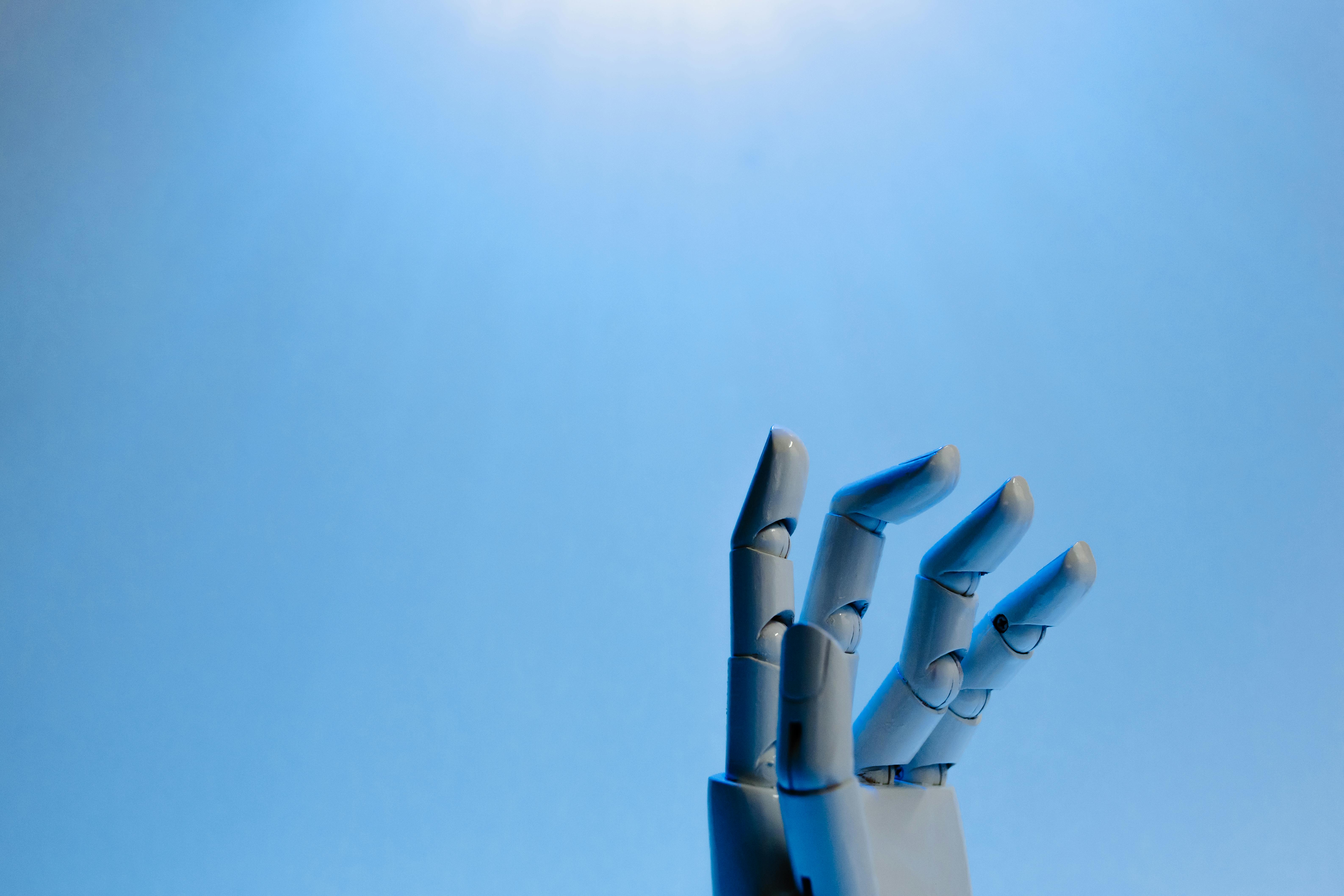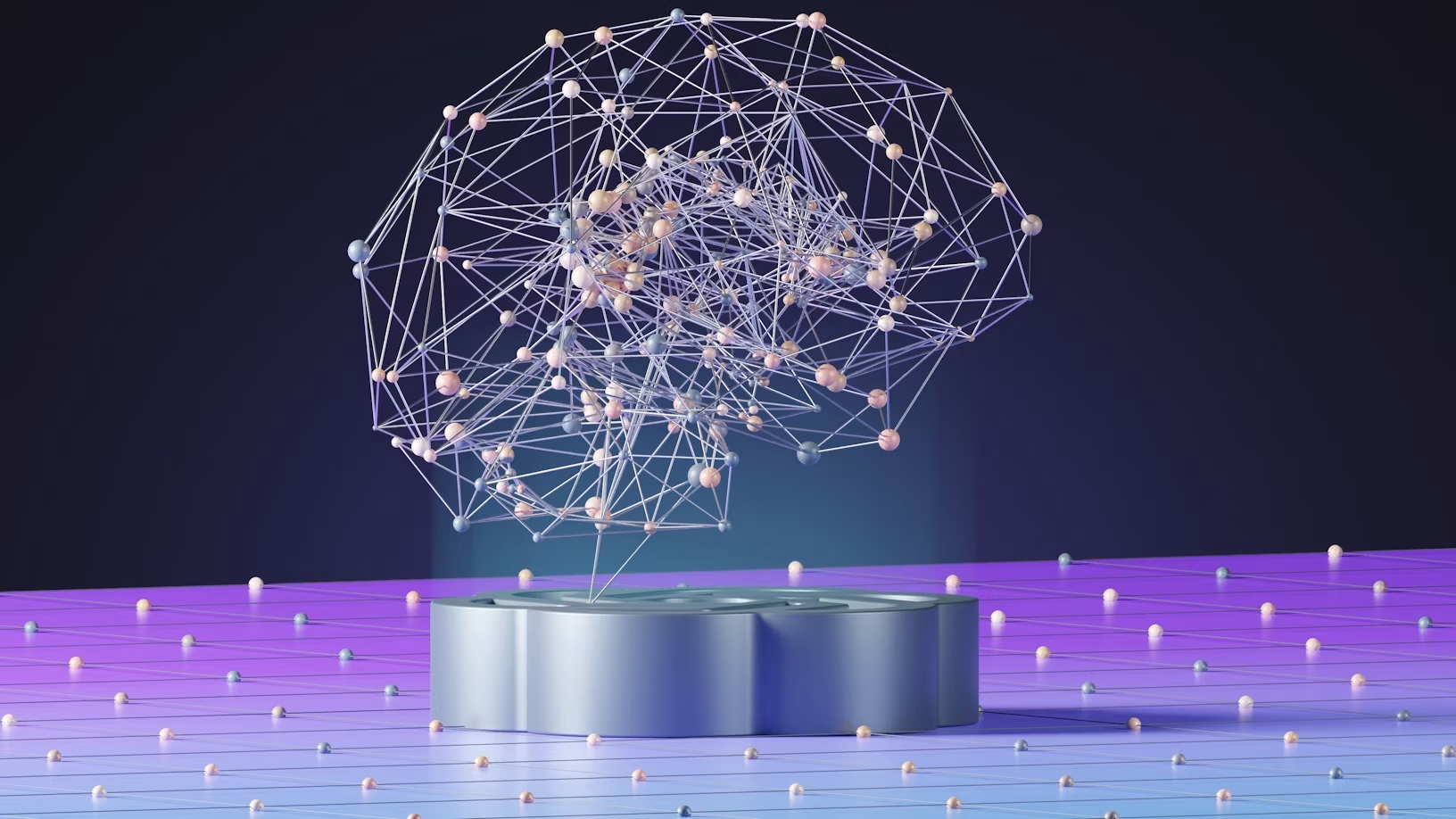Artificial Intelligence and the Future
Artificial Intelligence (AI) has become one of the most transformative forces of our time. From reshaping industries to redefining how humans interact with technology, AI is no longer just a futuristic concept — it is an evolving reality. This article explores the current state of AI, its applications, its challenges, and its potential impact on the future of society, economy, and humanity itself.
Understanding Artificial Intelligence
Before diving into its future implications, it is essential to understand what AI is and how it functions. At its core, Artificial Intelligence refers to computer systems that can perform tasks that usually require human intelligence, such as problem-solving, reasoning, decision-making, and language understanding.
Key Characteristics of AI
- Learning: AI systems learn from data and improve performance over time.
- Reasoning: They can analyze problems and suggest logical solutions.
- Adaptability: AI adapts to new situations through continuous feedback loops.
- Automation: Repetitive or routine tasks can be automated with high precision.
Types of Artificial Intelligence
- Narrow AI: Focused on a specific task (e.g., voice assistants).
- General AI: Theoretical systems that could perform any intellectual task a human can do.
- Superintelligent AI: A speculative form of AI surpassing human intelligence.
The Current State of AI
Today, AI is already integrated into many aspects of our daily lives. From the recommendation systems on streaming platforms to medical diagnostics, the influence of AI is profound.
Everyday Applications
- Virtual Assistants: Siri, Alexa, and Google Assistant streamline daily tasks.
- Healthcare: AI assists in diagnosing diseases through medical imaging and predictive analysis.
- Finance: Fraud detection and algorithmic trading are powered by AI systems.
- Transportation: Autonomous driving systems rely heavily on AI models.
- Entertainment: Recommendation engines personalize user experiences.
Industry-Wide Adoption
Businesses use AI for process optimization, customer engagement, and data analytics. Companies like Google, Microsoft, and Tesla continue to push the boundaries of innovation through AI research.
The Future of AI
The future of Artificial Intelligence is both exciting and uncertain. It offers enormous potential benefits but also raises important questions about ethics, privacy, and employment. Let's explore what the future may hold.
Opportunities Ahead
- Enhanced Healthcare: Personalized medicine and advanced drug discovery.
- Smarter Cities: AI-driven infrastructure management, traffic optimization, and sustainability.
- Education Transformation: AI tutors that provide customized learning experiences.
- Scientific Research: Accelerated discovery in physics, biology, and environmental science.
Challenges and Risks
- Job Displacement: Automation may replace millions of traditional jobs.
- Bias and Fairness: AI models can inherit biases from the data they are trained on.
- Privacy: Massive data collection raises surveillance concerns.
- Ethics: Who is responsible when AI makes decisions that affect human lives?
- Security: AI could be weaponized in cyber attacks or autonomous warfare.
Artificial Intelligence and Society
The societal impact of AI cannot be overstated. It will influence education, work, governance, and even human relationships.
Impact on Employment
While some fear job losses, AI also creates new opportunities. For example:
- Automation reduces repetitive manual tasks.
- New industries and jobs emerge, such as AI engineering and data science.
- Humans can focus on creative and strategic roles.
Impact on Education
AI-powered education tools can adapt to each student's learning pace, ensuring no learner is left behind. Schools may soon rely on AI to identify skill gaps and provide tailored resources.
Ethical Considerations
"The real risk with Artificial Intelligence is not that it will become malevolent but that it will become competent at achieving goals that are misaligned with human values." — Stuart Russell
This highlights the importance of aligning AI development with ethical standards. Governments, companies, and individuals must collaborate to ensure AI benefits humanity as a whole.
Artificial Intelligence in Technology Development
AI is deeply intertwined with other technologies like blockchain, Internet of Things (IoT), and 5G. Their convergence will accelerate digital transformation.
Examples of Synergy
- AI + IoT: Smart homes and predictive maintenance in industries.
- AI + Blockchain: Improved transparency and trust in financial systems.
- AI + Robotics: Autonomous machines for manufacturing and healthcare assistance.
Code and AI
Developers often interact with AI through programming frameworks and APIs. For example, using Python to build a simple AI model:
import tensorflow as tf
from tensorflow import keras
# Load dataset
mnist = keras.datasets.mnist
(x_train, y_train), (x_test, y_test) = mnist.load_data()
# Normalize data
x_train, x_test = x_train / 255.0, x_test / 255.0
# Build model
model = keras.Sequential([
keras.layers.Flatten(input_shape=(28, 28)),
keras.layers.Dense(128, activation='relu'),
keras.layers.Dropout(0.2),
keras.layers.Dense(10)
])
# Compile and train
model.compile(optimizer='adam',
loss=tf.losses.SparseCategoricalCrossentropy(from_logits=True),
metrics=['accuracy'])
model.fit(x_train, y_train, epochs=5)
This example shows how accessible AI development has become, with open-source tools and frameworks enabling anyone to experiment with machine learning.
The Road Ahead
Steps to Responsible AI
To ensure AI develops in a way that benefits society, experts recommend:
- Transparency: Explainable AI models to build trust.
- Regulation: Policies that protect privacy and promote fairness.
- Collaboration: Cross-disciplinary teams including ethicists, technologists, and policymakers.
- Education: Preparing the workforce with skills relevant to the AI era.
Global Cooperation
The future of AI requires global collaboration. International agreements, similar to climate accords, may be necessary to regulate AI deployment and prevent misuse.
Conclusion
Artificial Intelligence is not just shaping the future; it is the future. Its potential to transform industries, improve human lives, and unlock new frontiers of knowledge is immense. Yet, this power comes with responsibility. By ensuring ethical practices, fostering innovation, and preparing society for change, we can create a future where AI works hand in hand with humanity to build a more prosperous and equitable world.
Leave a comment
Your email address will not be published. Required fields are marked *



